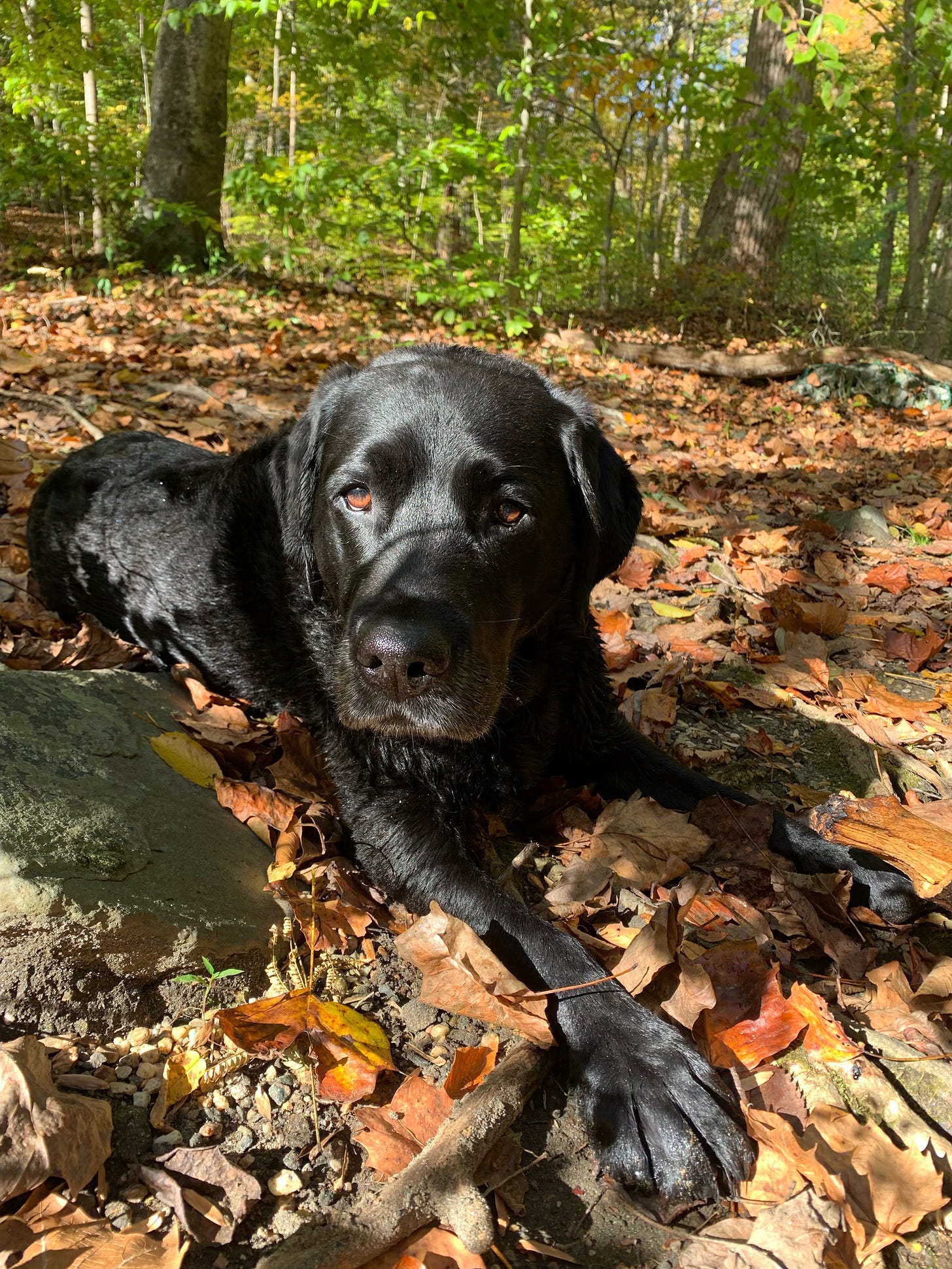TLP Weekend Edition (October 26-27, 2024)
What we're reading, watching, and listening to this weekend.

📰 "Forget Swing States. It’s These 21 Microcommunities That Could Decide the Election," by Patrick Ruffini. A few weeks ago, TLP published a piece detailing several swing-state counties to watch on election night for clues about how those states might break. Over at The New York Times, Republican pollster and friend of TLP Patrick Ruffini has a more granular look at several "microcommunities" in four swing states: Arizona, North Carolina, Pennsylvania, and Wisconsin. Take a look for yourself to see the diversity of places whose performances could determine the winner of the presidential election and key down-ballot races.
📕 Naples '44: A World War II Diary of Occupied Italy, by Norman Lewis. An under-read classic of World War II literature. Haunting and beautiful in the midst of destruction, this book will sear your soul.
As a young intelligence officer stationed in Naples following its liberation from Nazi forces, Norman Lewis recorded the lives of a proud and vibrant people forced to survive on prostitution, thievery, and a desperate belief in miracles and cures. The most popular of Lewis's twenty-seven books, Naples '44 is a landmark poetic study of the agony of wartime occupation and its ability to bring out the worst, and often the best, in human nature. In prose both heartrending and comic, Lewis describes an era of disillusionment, escapism, and hysteria in which the Allied occupiers mete out justice unfairly and fail to provide basic necessities to the populace while Neapolitan citizens accuse each other of being Nazi spies, women offer their bodies to the same Allied soldiers whose supplies they steal for sale on the black market, and angry young men organize militias to oppose "temporary" foreign rule. Yet over the chaotic din, Lewis sings intimately of the essential dignity of the Neapolitan people, whose traditions of civility, courage, and generosity of spirit shine through daily.
📖 “The Future of Multiracial Democracy: Democracy and Diversity in Western Europe,” by Sheri Berman. In the October edition of the Journal of Democracy, the always insightful Sheri Berman lays bare the mechanics of how mainstream parties in Europe failed to respond to citizen concerns about the impact of immigration, creating “representation gaps” that have been filled by right populists. A sad tale but Berman has some sound advice about how parties might respond. Not without relevance to the situation in our own country.
⚽️ Arsenal vs. Liverpool, at Emirates Stadium. Liverpool stand atop the Premier League and near the top of the Champions League with 11 out of 12 wins across all competitions this season—the best start in the club’s storied 132-year history. But Mo Salah and the boys face a big test this weekend against title rivals Arsenal in London. Kickoff is Sunday at 12:30PM EST on Peacock.
🎹 “The Complete Village Vanguard Recordings, 1961,” by the Bill Evans Trio. The turn to cool weather and early fall nights means it’s time for dark beers and the melodic music of one of the best trio recordings around. As Adam Gopnik wrote about Evans on “That Sunday” (who along with bassist Scott LaFaro and drummer Paul Motian played 5 sets over 2 and half hours at the famous NYC club):
If you are vulnerable to this music, however, you are completely vulnerable to it. Bill Evans has no casual fans. After that afternoon, his name became synonymous with a heartbreak quality that is not like anything else in music. It is not little-boy-lost or blue, like Miles Davis, but transparent and wistful. Evans’s solos on “Alice in Wonderland” and “My Foolish Heart” and, especially, “Porgy” have a mother-of-pearl tone, singing and skipping, as though they were being played on the celesta or xylophone. They are as close to pure emotion, produced without impediments—not at all the same thing as an entire self poured out without inhibitions, the bebop dream—as exists in music. His music hints at the secret truth that New York is sad before it is busy, and that it is a kind of inverted garden, with all the flowers blooming down in the basements.






